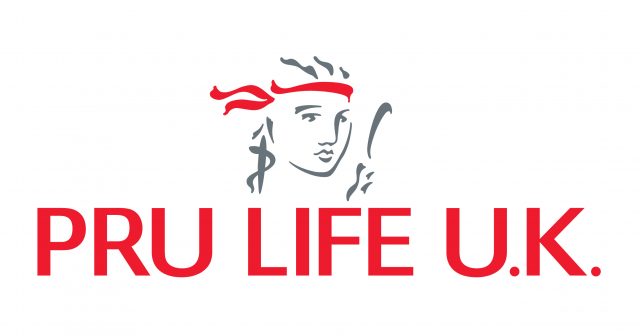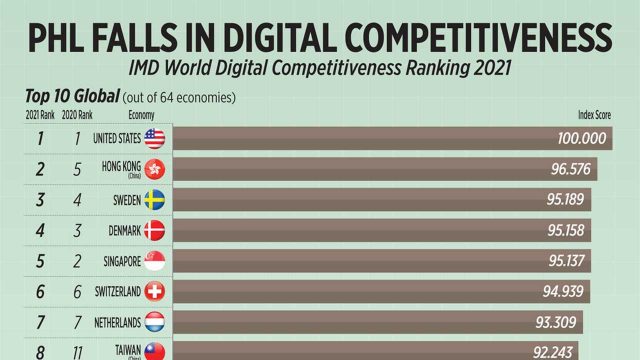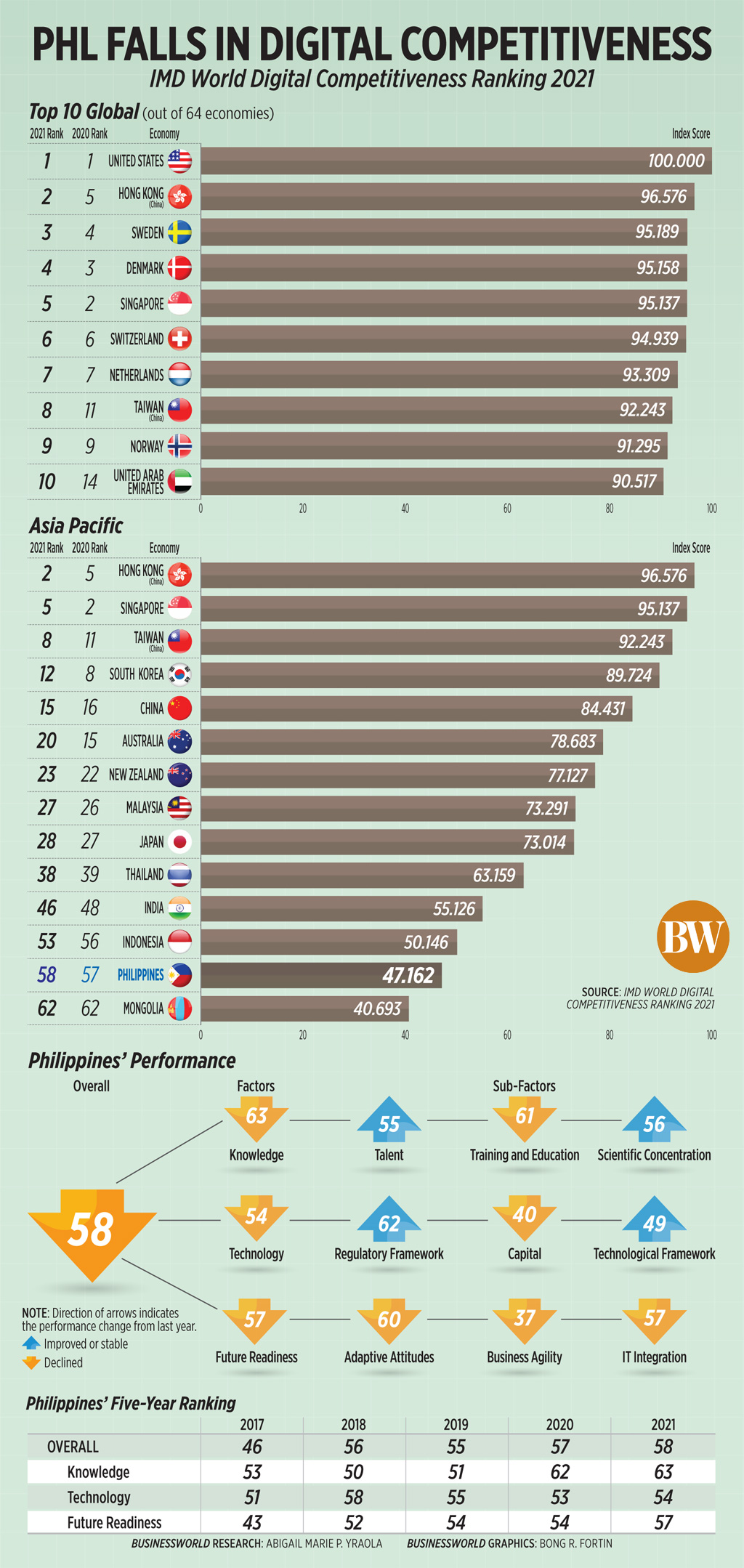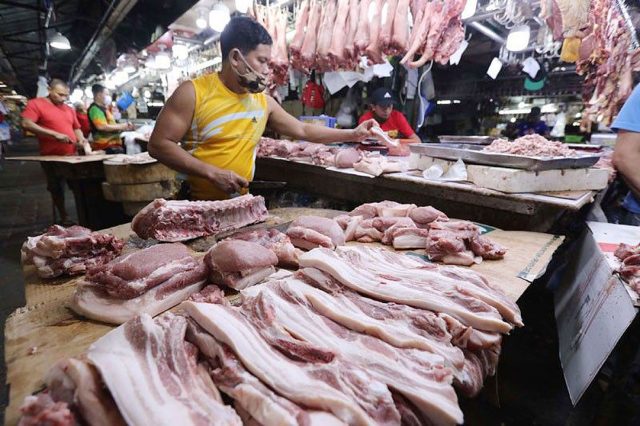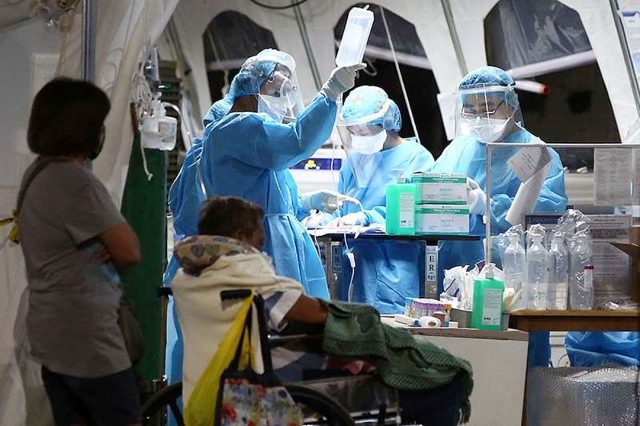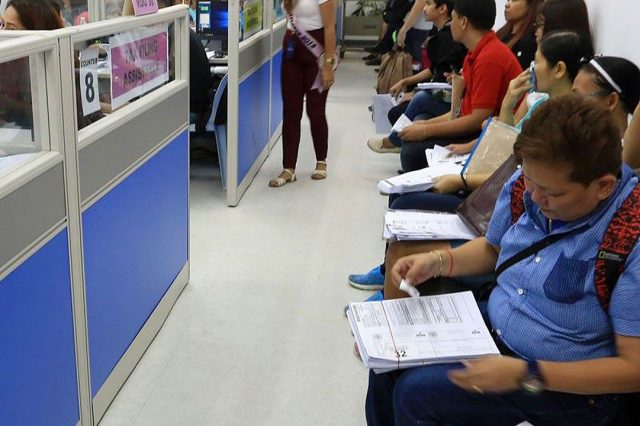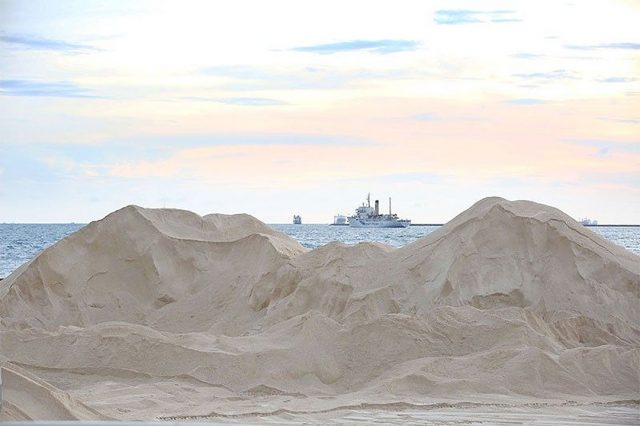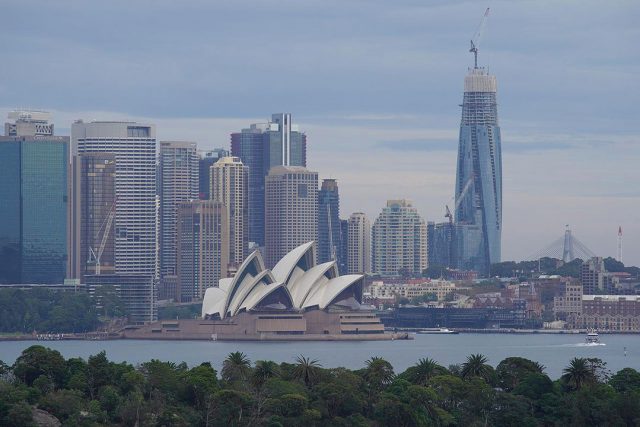The COVID-19 pandemic forced most countries to close their borders temporarily, thus posing challenges to international travelers. Multinational companies are now faced with the problem of moving their people across borders, especially when the skill sets of foreign nationals are required to run their Philippine businesses. The Philippines, home to several multinational companies, imposed a travel ban for inbound foreign nationals when the pandemic hit last year. In March 2020, only Filipinos with their children and foreign spouses, accredited foreign government/international organization officials, and foreign airline crew were allowed entry.
Currently, only foreign nationals (FNs) falling under specific categories of exemption (i.e., diplomats, Filipino dual citizens, and holders of immigrant or non-immigrant visas) are allowed to enter the Philippines, subject to the government’s quarantine protocols. Other FNs, traveling under tourist or temporary visitor visas, may only be permitted entry if they obtain an Entry Exemption Document (EED) from the Department of Foreign Affairs (DFA) and an entry visa from a Philippine Embassy or Consulate. This procedure became the norm when the visa-free entry privileges and tourist visas issued by Embassies and Consulates around the world were suspended.
Thus, companies are left with no recourse but to secure an EED for their foreign employees to deploy them to the Philippines. However, the EED is not easily obtainable as it also needs an endorsement from a government agency that the services and reason for travel of the FN are critical and essential to the efficient business operations of the company. Only after arrival in the Philippines can the FN file for a work visa application to legally work in the country.
THE 9(G) WORK VISA
Even with fear looming over the new COVID variants, employers are clamoring to reopen the borders, with vehement requests to ease the travel restrictions to enable the deployment of their foreign employees. In response, the government, through the Inter-Agency Task Force (IATF) for the Management of Emerging Infectious Diseases, issued IATF Resolution 131-A on Aug. 5.
The resolution ultimately allowed qualified FNs to initiate their work visa applications with the Bureau of Immigration (BI) while still abroad. Specifically, this covers FNs who intend to come into the Philippines for long-term employment (i.e., more than six months) with a Philippine-based employer, or if the employment is in connection with foreign-funded government projects such as those in transportation and infrastructure.
To complement the IATF resolution, the Philippine BI issued Operations Order No. JHM-2021-004 on Aug. 16, providing specific guidelines for the issuance of a Pre-arranged Employee (Commercial) Visa [9(g)] for qualified applicants overseas. Briefly, 9(g) is the most common type of work visa secured by FNs seeking employment in the Philippines in a technical, managerial, or confidential capacity for more than six months.
PROCEDURE
Prior to the IATF Resolution and BI Operations Order, 9(g) work visa applications could only be filed if the FNs are in the Philippines since their latest visa arrival stamp and original passport are required to support the application. The processing time generally takes six to eight weeks, during which the FNs are unable to legally work, unless they secure a Provisional Work Permit (an interim work permit), which will entail additional filing costs for employers.
With the new BI procedure, the Philippine-based employer can submit the 9(g) work visa application on behalf of the FN it will employ even prior to arrival. Once approved by the BI, the application will be forwarded to the DFA-Office of Consular Affairs for transmittal to the Embassy or Consulate in the country where the FN is situated.
The 9(g) visa issued by the Embassy or Consulate will serve as the FN’s entry visa. Effectively, this replaces the EED and the need to secure a separate entry visa. However, the approved 9(g) visa will still be subject to registration and implementation at the BI within seven to 60 days following the FN’s arrival and completion of the mandatory quarantine period. Failure to report within this timeframe is a cause for non-implementation of the 9(g) work visa, unless a Motion for Reconsideration is filed on meritorious grounds.
The documentary requirements under the new procedure are similar to a regular 9(g) visa, thus making an Alien Employment Permit (AEP) an inevitable requirement. To resolve this, the Department of Labor and Employment (DoLE) issued Labor Advisory No. 16 on Aug. 31 to align its process with that of the BI and provide the guidelines for the issuance of an AEP or a Certificate of Exemption or Exclusion (as applicable) to FNs intending to come to the Philippines for long-term employment. Moreover, since the respective applications will be initiated while the FN is overseas, the set of documents which are signed overseas must be either authenticated at the Embassy nearest the place of execution or Apostilled by the concerned government agency of that country.
This new mechanism is a welcome development for most employers and FNs as it spares both parties from a longer processing timeline of a regular 9(g) work visa procedure. As they say, a company’s most important asset is its people. Allowing companies to move their most important assets efficiently and compliantly across borders when and as needed, may boost their growth potential, and in turn, help keep our economy afloat, especially during the pandemic.
The views or opinions expressed in this article are solely those of the author and do not necessarily represent those of Isla Lipana & Co. The content is for general information purposes only, and should not be used as a substitute for specific advice.
Toni Rose L. Capistrano-Flojo is a Senior Manager at the Tax Services Department of Isla Lipana & Co., the Philippine member firm of the PwC network.
toni.rose.capistrano@pwc.com

